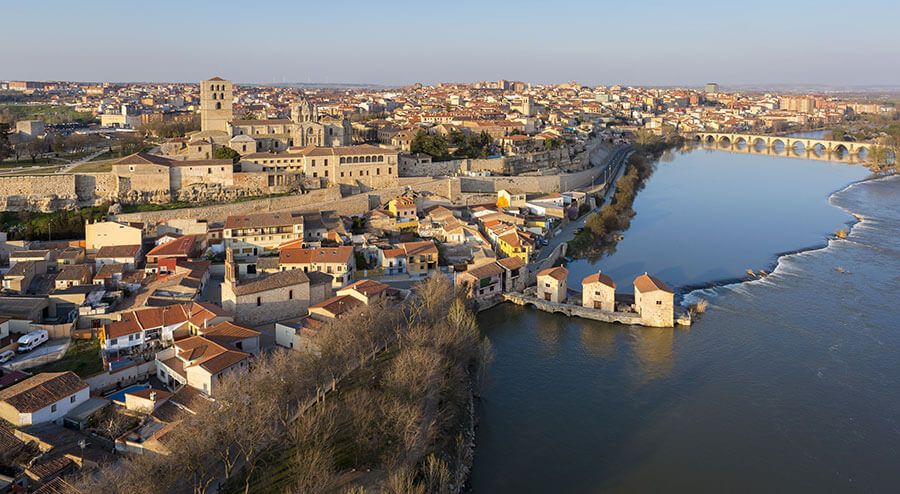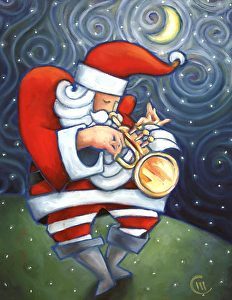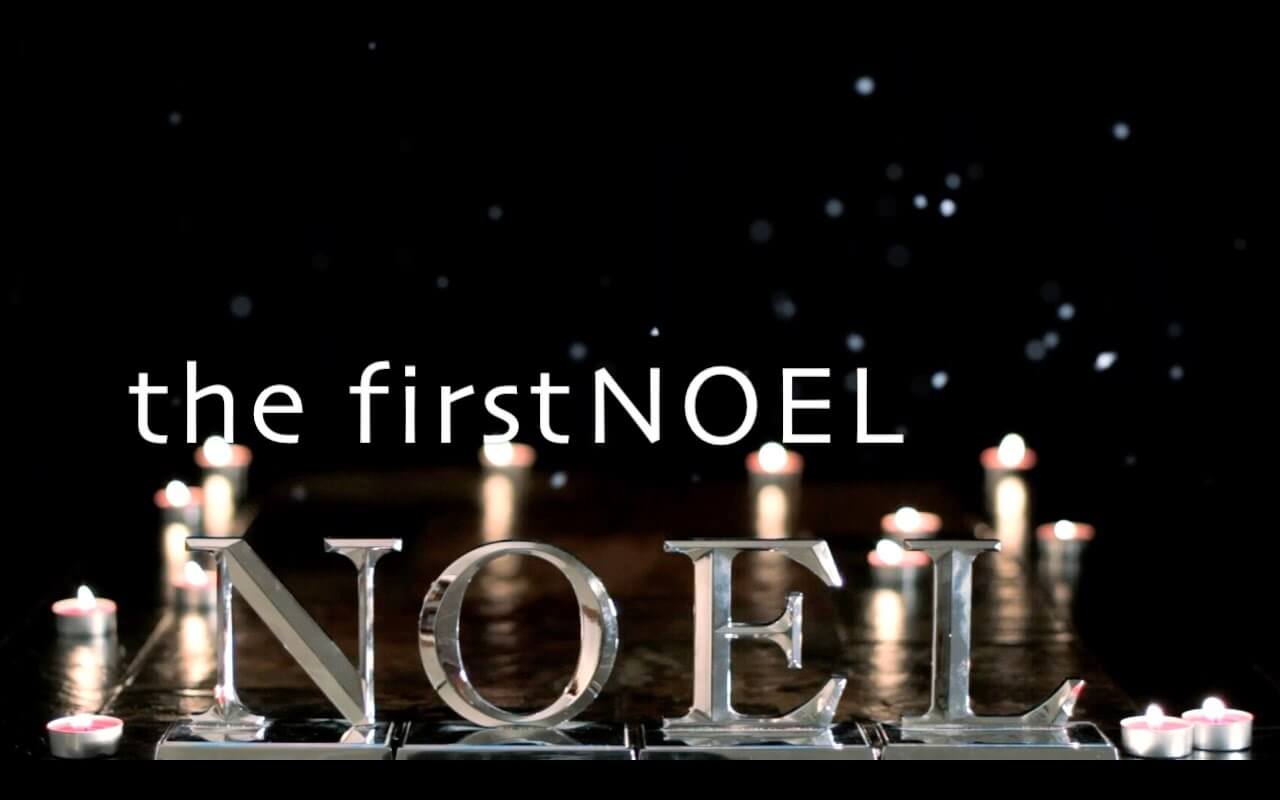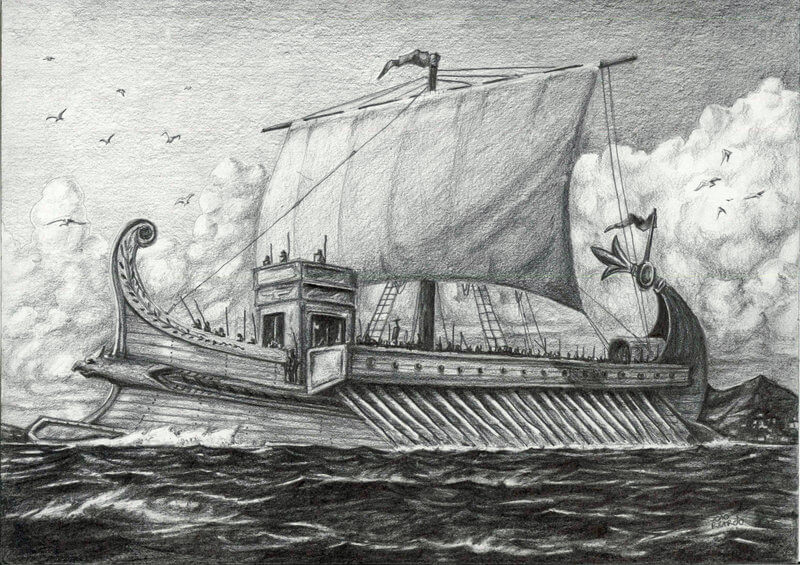Results
-
 £29.50
£29.50The Deep - Andy Wareham
This stunning work took the title of 'Best Student Composition' at the UniBrass 2016 contest and features a collection of maritime hymn tunes in an unusual setting. Featuring an optional narration at over the opening sequence, the work is scored for quartet (Cornet, Horn, Euphonium & Bass) & band. 'Nearer My God To Thee', 'Melita' and 'Will Your Anchor Hold?' are all featured in this exciting new work as you won't have heard them before and is a great addition to any concert & contest repertoire.
In Stock: Estimated dispatch 1-3 working days
-
£29.50
Journey in the Jungle - Max Stannard
This piece was written to book end the performance of Friezland Band at the inaugural Red Admiral Entertainment Contest where they won the Most Entertaining Programme Award. The composition starts with an exciting jungle feel, which has different sections starting one at a time, giving the option of players walking on stage whilst playing. The lively start is followed by the more menacing section as night begins to fall. There is then a frantic dash to the end in an attempt to escape the jungle.
In Stock: Estimated dispatch 1-3 working days
-
 £29.50
£29.50The Girl From Zamora - Goff Richards - Gavin Somerset
When the name Goff Richards is attached to a piece of music, you can be certain that strong melodies & memorable themes will follow. This piece, never before released, is a wonderful cornet/flugel duet that congers up the images of a relaxed Spanish lifestyle, in this easy going, laid back gem of a concert item. Originally recorded by Alan Morrison on his CD 'Memorable Melodies", this duet is the perfect item for both bandstands and concert halls. Not to be missed!
In Stock: Estimated dispatch 1-3 working days
-
£29.50
The Breeze And I - Ernesto Lecuona - Neville Buxton
The songs of Ernesto Lecuona may have been covered by more exotica artists than any other composer, yet they're relatively unknown except to fans of traditional Latin music. It's a shame, for Lecuona was a multi-talented artist and a pioneer of Latin music in America. A Lecuona song has everything an exotica lover could ask for: mystery, excitement and rhythm. "The Breeze & I" is no exception, starting with a Bolero, then moving from Beguine to Swing before returning to the Bolero to finish. Recorded by Jimmy Dorsey with Bob Eberly singing Al Stillman's lyrics, this tune became a number one hit in the U.S.
In Stock: Estimated dispatch 1-3 working days
-
 £24.50
£24.50In The Blue Mid Winter - Gustav Holst - John Lee
If your band is looking for something a little more laid back to add to their Christmas programmes this year, then look no further. As the title suggests, this clever setting of Holst's In The Bleak Mid-Winter arranged as a Blues feature, allows the band a change from the traditional styles of music heard at Christmas. Featuring a Blues solo from the principal cornet, this piece is a great addition to keep your festive programmes versatile.
In Stock: Estimated dispatch 1-3 working days
-
£24.50
In The Bleak Midwinter - Holst - Adrian Horn
The tune "Cranford" composed by Gustav Holst is the most popular choice for the lyrics to "In The Bleak Midwinter". This arrangement by Adrian Horn has taken this gem of a melody and added a different dimension to the work. Short fanfares and a military take on this well loved carol work together perfectly to bring you something different for your Christmas program.
In Stock: Estimated dispatch 1-3 working days
-
£24.50
Northwold - The ELB March - William Elsom
Sub-titled "The ELB March" as it was composed for the East London Brass band, this is a nice catchy march, ideal for the opening of a concert or 2nd half opener to a concert.
In Stock: Estimated dispatch 1-3 working days
-
 £24.50
£24.50The First Noel - Trad - Stephen Tighe
Every year, bands look for something new for their Christmas programs, well, look no further! This classic carol has been arranged and playable by most standards of bands. Starting with a carillon effect from the cornet section which continues as the melody flows underneath before the whole band join, after which, the piece explodes into a fast lively rock style before returning to a grand finale in the original style. This piece is sure to get your audiences foots tapping!
In Stock: Estimated dispatch 1-3 working days
-
£24.50
The Partnership of Life - Paul Finn - Leigh Baker
A beautiful piece of music that pays tribute to the joy of relationships and the beauty in finding your soul mate-for life! Ideal for weddings and civil services as well as engagement tributes.
In Stock: Estimated dispatch 1-3 working days
-
 £37.50
£37.50Sketches from the Galley - Nick Brocklehurst
Sketches From the Galley takes audiences on a swashbuckling pirate adventure, evoking images of cannon-fire, pirate ships and jaunty merriment through its contrasting "sketches". The work was commissioned as a concert item for Elland Silver Band, and was premiered at their summer concerts in 2017 around Yorkshire. Composed by Elland Silver Band's Composer-in-Residence, Nick Brocklehurst, this thrilling piece provides a fun challenge that showcases the entire band, and guarantees to please audiences with its catchy melodies.
In Stock: Estimated dispatch 1-3 working days
